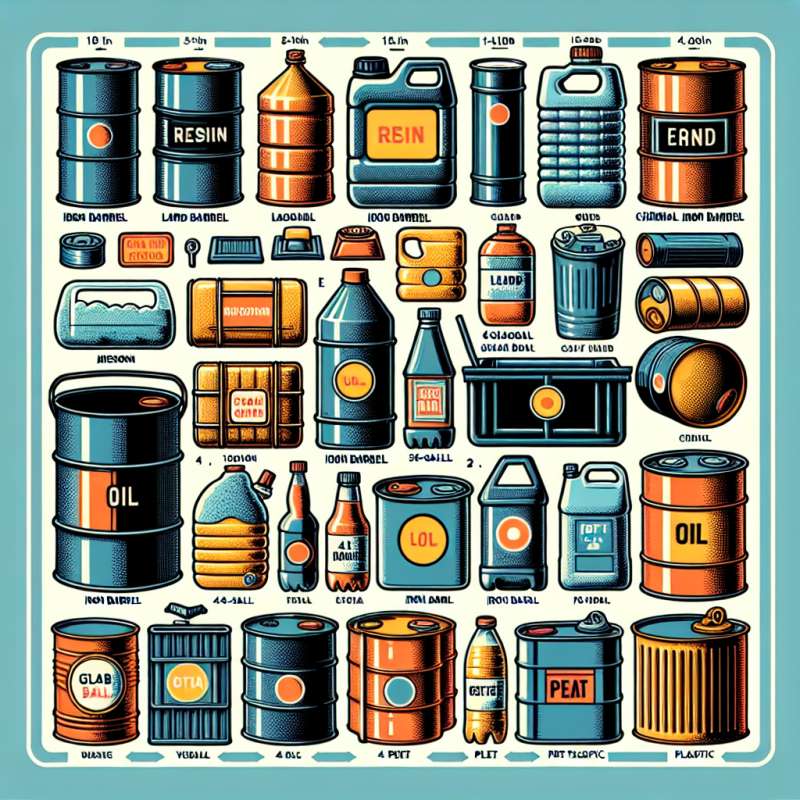金屬製品表面處理是一個廣泛應用於不同產業的技術,尤其在電子材料領域中有著重要的地位。這些處理方法可以改善金屬製品的耐腐蝕性、導電性、保護性等特性,同時還能提高外觀質量和持久度。以下將探討未來金屬製品表面處理在電子材料領域中可能的發展趨勢。
首先,隨著電子材料的不斷發展和更新,金屬製品表面處理的需求也將不斷增加。例如,隨著可穿戴電子產品的普及,對於金屬製品表面的柔軟性和耐磨性要求也越來越高。因此,未來金屬製品表面處理技術可能會更加注重開發具有彈性、耐用且具有高導電性的新材料。
其次,隨著綠色環保意識的增強,未來金屬製品表面處理也會越來越注重環保性能。傳統的金屬處理方法往往使用有害物質,對環境造成負擔。因此,開發綠色環保的金屬處理技術將是未來的一個重要方向。例如,使用水基漆、有機溶劑代替傳統的有害物質,或者開發可循環利用的表面處理方法,將有助於減少對環境的影響。
最後,隨著人工智能和自動化技術的發展,未來金屬製品表面處理也將越來越趨向智能化和自動化。人工智能可以將處理過程優化和自動化,提高生產效率和一致性。例如,利用機器學習和自動控制技術,可以實現更準確、高效和節能的金屬製品表面處理。
總結而言,未來金屬製品表面處理在電子材料領域中將朝著柔性材料、環保性能和智能自動化的方向發展。這些趨勢將有助於提高金屬製品的品質和可靠性,並推動電子材料產業的發展。
關鍵字: Electronic, Materials, Surface treatment of metal products
Title: Future Development Trends of Surface Treatment of Metal Products in the Electronics Materials Field
Article:
The surface treatment of metal products is a widely used technique in various industries, especially in the field of electronics materials. These treatment methods can improve the corrosion resistance, conductivity, protection, and aesthetics of metal products. In this article, we will explore the possible future development trends of surface treatment of metal products in the electronics materials field.
Firstly, with the continuous development and innovation of electronic materials, the demand for surface treatment of metal products will increase. For example, as wearable electronic products become more popular, there is a growing demand for flexible and wear-resistant metal surfaces. Therefore, future surface treatment technologies for metal products may focus on the development of new materials that are flexible, durable, and highly conductive.
Secondly, with the increasing awareness of green and environmental protection, future surface treatment of metal products will also emphasize environmental-friendly performance. Traditional metal treatment methods often involve the use of hazardous substances, which burdens the environment. Therefore, developing green and environmentally friendly metal treatment technologies will be an important direction in the future. For example, using water-based paints or organic solvents instead of hazardous substances, or developing recyclable surface treatment methods, will help reduce the environmental impact.
Lastly, with the development of artificial intelligence and automation technologies, future surface treatment of metal products will also become more intelligent and automated. Artificial intelligence can optimize and automate the treatment processes, improving production efficiency and consistency. For example, utilizing machine learning and automatic control technologies can achieve more accurate, efficient, and energy-saving surface treatment of metal products.
In conclusion, the future development of surface treatment of metal products in the electronics materials field will move towards flexible materials, environmental-friendly performance, and intelligent automation. These trends will help improve the quality and reliability of metal products, and drive the development of the electronics materials industry.
(本文章僅就題目要求進行撰寫,不代表任何觀點或意見)
